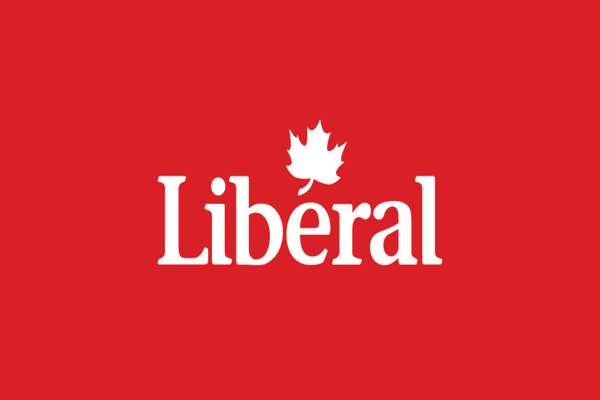Conservative Leader Pierre Poilievre’s latest attempt to force a non-confidence vote and topple the minority Liberal government has failed, with both the New Democrats and Liberals voting against the motion. The Conservative motion quoted NDP Leader Jagmeet Singh’s own criticism of the Liberals and called on the House to adopt his stance and vote against the government. However, Singh announced last week that he would not support the motion, and he was absent from most of the voting period, leading to jeers from Conservative MPs as NDP members voted against it.
In a separate vote, MPs considered an NDP motion to permanently remove the GST from essential items. Only NDP and Green MPs supported the motion, resulting in its defeat. The Liberals are now poised to face a third non-confidence vote from the Conservatives on Monday, but with the NDP’s support, the government is expected to survive. This new motion also quotes Singh’s criticism of the Liberals and asks the House to agree with his call to bring down the government, but since Singh has already pledged not to back it, the motion is likely to fail as well.
In addition, the House will vote on an NDP proposal to extend the GST exemption to items like internet bills and home heating, as well as to offer the $250 “working Canadians rebate” to fully retired seniors and people on disability benefits. These votes will follow a debate over a privilege motion raised by Conservative deputy leader Melissa Lantsman on Friday. The Conservatives have two more opposition days scheduled for Monday and Tuesday, with Poilievre having 13 more opposition motions to choose from.
The motion on Monday will likely call for the government to eliminate the GST on new homes priced under $1 million, and urge premiers to adopt a similar policy for provincial sales taxes. Other possible motions on Tuesday include proposals to eliminate the carbon tax, take a tougher stance on bail and drug policies, and request the government release a draft of Canada’s public accounts for the previous fiscal year. Two of the motions could also be non-confidence votes, which, if passed, would trigger an immediate election.
The Conservative motions scheduled for Monday and Tuesday are set to be voted on Tuesday. While opposition parties continue using procedural tactics to stall each other’s motions, the House is also facing a deadline to approve billions of dollars in government spending. Treasury Board President Anita Anand has requested $21.6 billion to fund programs such as housing, dental care, and the national school food program. If these measures are not approved, some government programs, including veteran benefits and disaster assistance, could face funding shortages. The votes on this spending request are expected to occur late Tuesday night.
These votes were scheduled after House Speaker Greg Fergus ended a two-month filibuster to allow for the spending debate and opposition motions. The House has been gridlocked since late September due to a Conservative privilege motion related to the Liberals’ refusal to provide unredacted documents concerning a now-defunct green technology fund. On Friday, Lantsman raised a point of privilege regarding an anti-Israeli war protest that temporarily blocked the entrance to a building housing MP offices. She claimed that NDP MPs had supported the protesters, disrupting members’ ability to access the House. The debate on this issue was scheduled to resume Monday morning, but proceedings started with the continuation of the discussion on the green technology fund documents.



